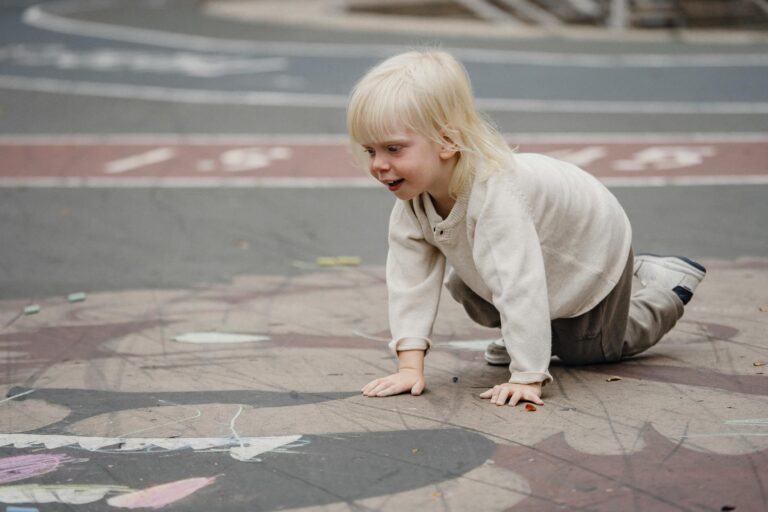Shubhanshu Shukla Is Back—And Space Will Never Be the Same
Eighteen days. That’s how long Shubhanshu Shukla floated among the stars before his feet touched Earth again. The Indian astronaut—part of the Axiom-4 (Ax-4) mission—landed safely last week alongside an international crew. NASA’s Peggy Whitson (a total legend with more space hours than anyone), Poland’s Sławosz Uznański-Wiśniewski, and Hungary’s Tibor Kapu shared the ride. But here’s the thing: this wasn’t just another space trip. It was proof that India’s space game is stronger than ever. So what really went down up there?
1. Ax-4: Not Your Average Space Vacation
1.1 Why This Mission Mattered
Look, space missions aren’t just about cool zero-gravity selfies (though those are fun). Axiom Space—working with NASA and others—wanted to push science forward. Think of it like a floating lab where they tested everything from growing protein crystals (useful for new medicines) to how 3D-printed tools hold up without gravity. The big picture? Getting ready for longer trips—maybe even Mars someday.
1.2 The Dream Team
This crew was stacked:
- Shubhanshu Shukla (India): ISRO’s rising star—smart, tough, and exactly who you’d want repping India in space.
- Peggy Whitson (USA): Basically the LeBron James of astronauts. Over 665 days in space? No big deal.
- Sławosz Uznański-Wiśniewski (Poland): Robotics whiz with a physics background. The guy you call when machines act up.
- Tibor Kapu (Hungary): First Hungarian in space since the ’80s. His job? Studying Earth like a hawk from above.
2. Shukla’s Big Moment
2.1 From ISRO to ISS
Shukla didn’t just wake up one day in space. Years of training at NASA’s Johnson Space Center—plus that classic ISRO grind—got him here. His spot on Ax-4? A sign that India isn’t just watching the space race; we’re leading parts of it now.
2.2 What He Actually Did Up There
Forget just floating around. Shukla ran experiments on how humans can survive long hauls in space—think recycling air and water. Boring? Maybe. But try living on Mars without it. He also tracked how zero-g messes with the human body. Spoiler: it’s weird.
3. The Wild Ride: 18 Days Unfiltered
3.1 Blastoff & the ISS Handshake
October 20, 2023. SpaceX Dragon capsule. Kennedy Space Center. You know the vibe—fire, noise, pure adrenaline. A little bumpy at first, but 24 hours later? Smooth docking with the ISS. Like parallel parking, but at 17,500 mph.
3.2 Daily Life: No Gravity, All Vibes
Shukla’s social media blew up for a reason. Picture this: eating floating food, staring at Earth’s blues and greens, and that eerie silence. “You feel tiny,” he said live on air. “But in a good way.”
3.3 The Science Stuff That’ll Blow Your Mind
Over 30 experiments. Some highlights:
- 3D-printing surgical tools (because shipping to space is expensive).
- Protein crystals that could help make better drugs down here.
- Testing if cosmic rays fry our gadgets (they kinda do).
4. Homecoming: Tears, Cheers, and Future Plans
4.1 The Scary Part: Coming Back
November 7. Florida coast. The Dragon capsule hit the ocean like a champ—parachutes working, heat shield holding. Axiom and SpaceX nailed it. But let’s be real: re-entry’s still a controlled fireball. No pressure.
4.2 The Feels After Landing
ISRO chief Somanath called it a “proud moment for India.” True. But the real moment? Shukla hugging his family on live TV. Even the toughest scientists reached for tissues.
5. What’s Next? Hint: Big Things
5.1 Recovery Mode
Weeks of checkups and data crunching ahead. The crew’s full report drops next year at the International Astronautical Congress. Expect nerdy fireworks.
5.2 The Future’s Bright
Shukla’s probably joining India’s Gaganyaan mission next. Axiom’s building a private space station by 2025. And with missions like Ax-4? Space is becoming a team sport—finally.
Final Thought: Why This Matters
Shukla’s 18 days weren’t just about one guy in a spacesuit. They proved something bigger: exploring space works best when we ditch borders and work together. Or as Shukla put it: “The stars don’t care about passports.” For every kid staring at the sky tonight? That’s the real win.
Source: Navbharat Times – Default










